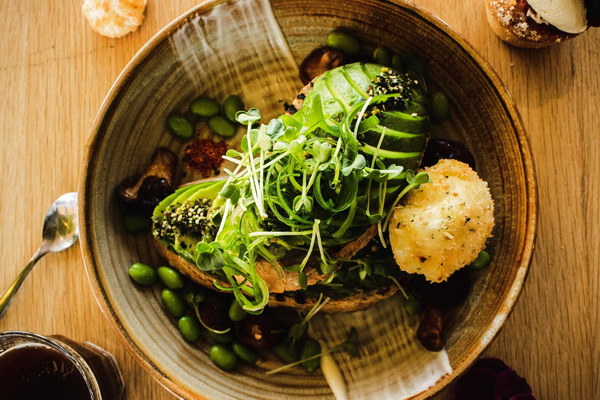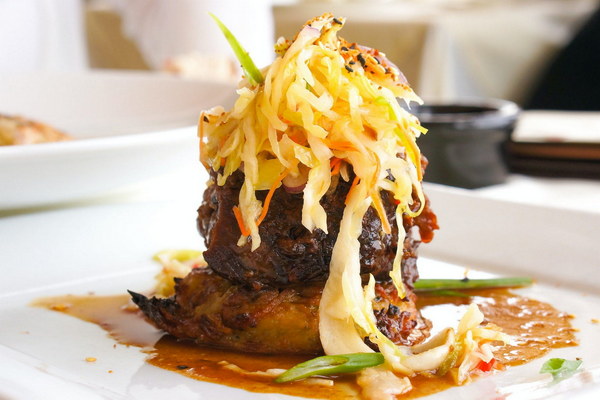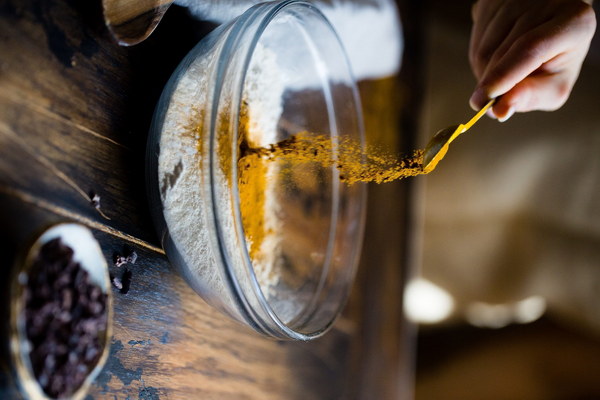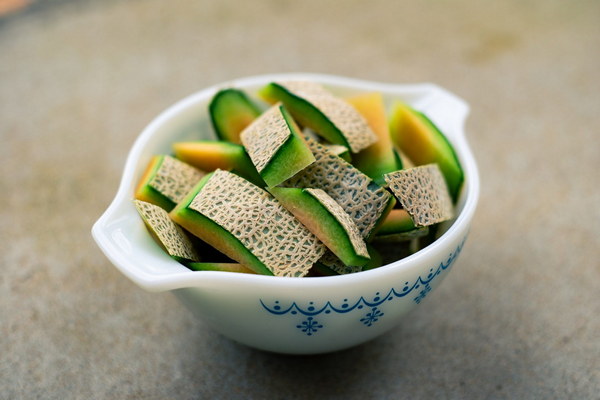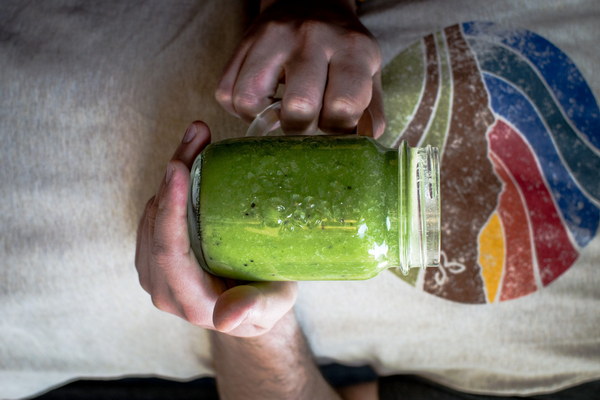Nourishing the Body A Comprehensive Guide to Traditional Chinese Tonics for Building Qi and Blood
Introduction:
In Traditional Chinese Medicine (TCM), the concept of Qi (vital energy) and Blood are fundamental to maintaining health and well-being. When these vital substances are deficient, it can lead to a variety of imbalances and symptoms. To replenish and strengthen Qi and Blood, TCM practitioners often recommend a range of natural tonics and supplements. This article explores the different types of tonics used in TCM for building Qi and Blood, their benefits, and how they can be incorporated into a balanced lifestyle.
1. Ginseng
Ginseng is one of the most well-known tonics in TCM. There are several types, including American ginseng, Asian ginseng, and Siberian ginseng. Each type has its unique properties, but they are all used to boost Qi and improve vitality.
- Benefits: Ginseng is believed to enhance mental clarity, reduce stress, improve immune function, and increase energy levels.
- How to Use: Ginseng can be taken in the form of capsules, powders, or as a tea. It is often used in conjunction with other herbs to create personalized formulas.
2. Astragalus
Astragalus is another popular herb used in TCM to support the immune system and enhance Qi.
- Benefits: It is used to treat fatigue, weakness, and is believed to help prevent infections.
- How to Use: Astragalus is commonly found in tea, as a supplement, or in soups and stews. It can be combined with other herbs like goji berries and codonopsis.
3. Goji Berries
Goji berries, also known as wolfberries, are a natural sweetener and a rich source of antioxidants.
- Benefits: They are used to improve vision, boost the immune system, and increase longevity.
- How to Use: Goji berries can be consumed raw, dried, or as a tea. They are also used in many Chinese dishes.
4. Codonopsis
Codonopsis, or dang shen, is a root that is often used to support the immune system and increase energy.
- Benefits: It is used to treat fatigue, weakness, and is believed to enhance overall vitality.
- How to Use: Codonopsis can be taken as a tea, in powder form, or as a supplement. It is often included in herbal formulas for its energizing properties.
5. Chinese dates
Chinese dates, or jujubes, are a sweet, chewy fruit that is used in TCM to nourish the heart and spleen.
- Benefits: They are believed to improve heart health, boost energy levels, and enhance blood circulation.
- How to Use: Chinese dates can be eaten fresh or dried. They are often used in soups and teas for their nourishing qualities.
6. Licorice Root

Licorice root is a sweet, aromatic herb that is often used as a flavoring agent in TCM formulas.
- Benefits: It is used to harmonize the body's systems and is believed to have anti-inflammatory and immune-boosting properties.
- How to Use: Licorice root is commonly found in teas and can be used in combination with other herbs to create balanced formulas.
Conclusion:
While modern medicine offers a wealth of treatments for Qi and Blood deficiencies, traditional Chinese tonics provide a natural and holistic approach to health and vitality. Incorporating these tonics into a balanced diet and lifestyle can help support overall well-being. However, it is always advisable to consult with a qualified TCM practitioner before beginning any new supplement regimen to ensure that it is appropriate for your specific needs and health conditions.

